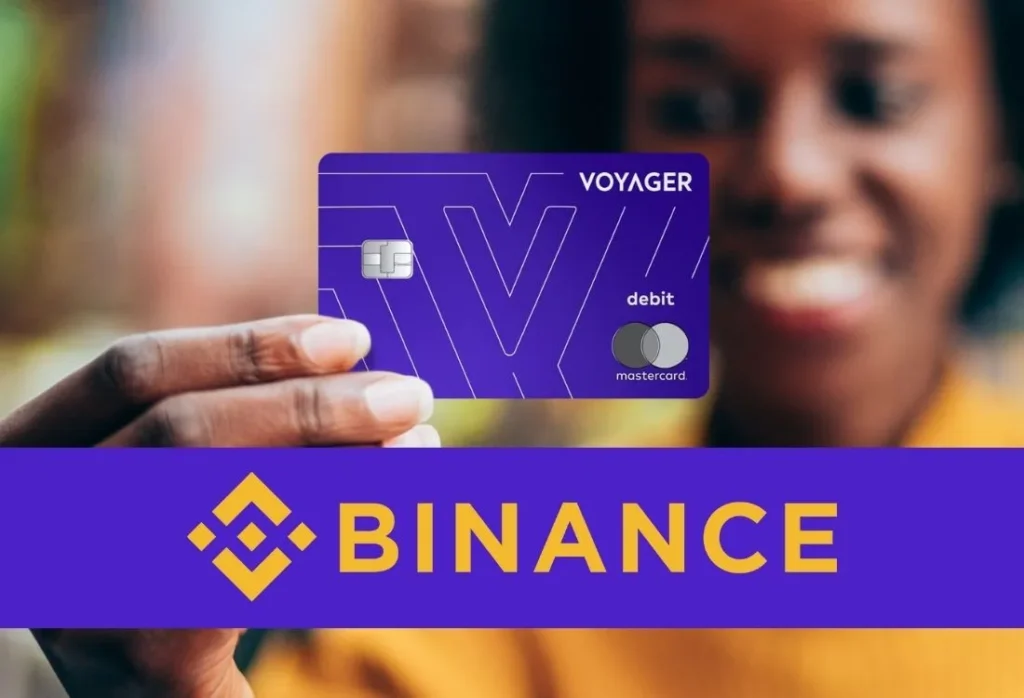The tension between regulators and the cryptocurrency industry is something you have to be up to date on if you are a part of the crypto world because it is once again in the spotlight after Voyager’s Sale, as the U.S. Department of Justice (DOJ) appeals a New York bankruptcy judge’s decision to allow Binance.US to acquire the assets of bankrupt crypto lender Voyager Digital.
The appeal comes after months of regulatory pushback against the proposed sale, with the U.S. Securities and Exchange Commission (SEC) and other state regulators raising concerns about BınanceUS’s potential violation of federal securities laws.
This article highlights what happened with the case and the challenges facing the cryptocurrency industry as it tries to navigate a complex regulatory landscape, with the outcome likely to have implications for the industry as a whole.
Why Voyager’s Sale is Important to DOJ

The U.S. Department of Justice (DOJ) has filed an appeal challenging a New York bankruptcy judge’s decision to allow BinanceUS to acquire the assets of bankrupt crypto lender Voyager Digital. This appeal comes just one day after Judge Michael Wiles approved the deal after a contentious, four-day-long hearing. The U.S. Trustee’s Office, an arm of the DOJ responsible for overseeing bankruptcies, filed the appeal late Thursday evening.
Regulators, including the U.S. Securities and Exchange Commission (SEC) and various state regulators, have been staunchly opposed to the proposed deal. Last month, the SEC filed an objection to the purchase of Voyager, arguing that Binance.US may be violating federal securities laws by operating an unregistered securities exchange in the U.S.
However, Judge Wiles appeared to be unmoved by the SEC’s concerns, stating that the Bankruptcy Code “doesn’t contemplate an endless period of time.”
Under the proposed sale to Binance.US, Voyager’s customers would see an estimated 73% recovery. The plan, which was assembled after FTX – Voyager’s previous top bidder – filed for its own bankruptcy in November, was supported by 97% of Voyager’s creditors.
If Voyager decides not to go through with the current plan to sell itself to Binance.US – or if regulators are successful in blocking the sale – another option is for the bankrupt lender to liquidate itself, which would likely result in much smaller returns for creditors.
The case has highlighted the tension between regulatory bodies and the fast-paced world of cryptocurrency. The SEC’s objection to the sale to BinanceUS is based on the belief that BinanceUS may be operating as an unregistered securities exchange in the U.S.
As such, the SEC argues that the acquisition of Voyager’s assets would violate federal securities laws. Binance.US has countered that it does not operate as a securities exchange, but rather as a digital asset exchange. It remains to be seen how the courts will rule on this issue.
Despite the objections of regulators, Judge Wiles appeared to be more concerned with the well-being of Voyager’s creditors. He noted that creditors had invested their life savings in Voyager and that they needed access to their property as soon as possible.
The proposed sale to BinanceUS would provide creditors with an estimated 73% recovery, which is a significant improvement over the alternative of liquidation.
The case is also notable for the involvement of Binance.US, one of the largest cryptocurrency exchanges in the world. Binance.US is a subsidiary of Binance, a cryptocurrency exchange based in Malta. Binance has come under scrutiny from regulators around the world for its perceived lack of regulatory compliance.
The company has been banned in several countries, including China and the United Kingdom. The involvement of Binance.US in the Voyager case has further highlighted the regulatory challenges facing the cryptocurrency industry.
To conclude this, it is safe to say that the appeal filed by the U.S. Trustee’s Office challenging the sale of Voyager’s assets to Binance.US underscores the tension between regulators and the cryptocurrency industry.
While the SEC and other regulators have raised concerns about the legality of the sale, Judge Wiles has emphasized the need to provide relief to Voyager’s creditors. The case is likely to have implications for the cryptocurrency industry as a whole, as regulators continue to grapple with how to regulate this fast-moving and complex sector.











